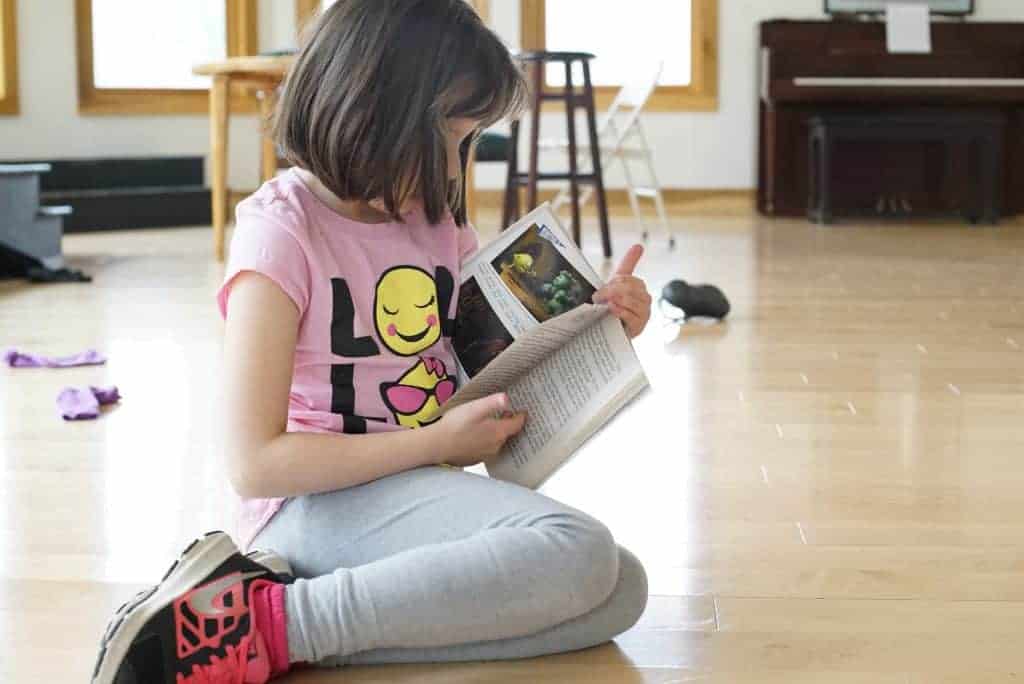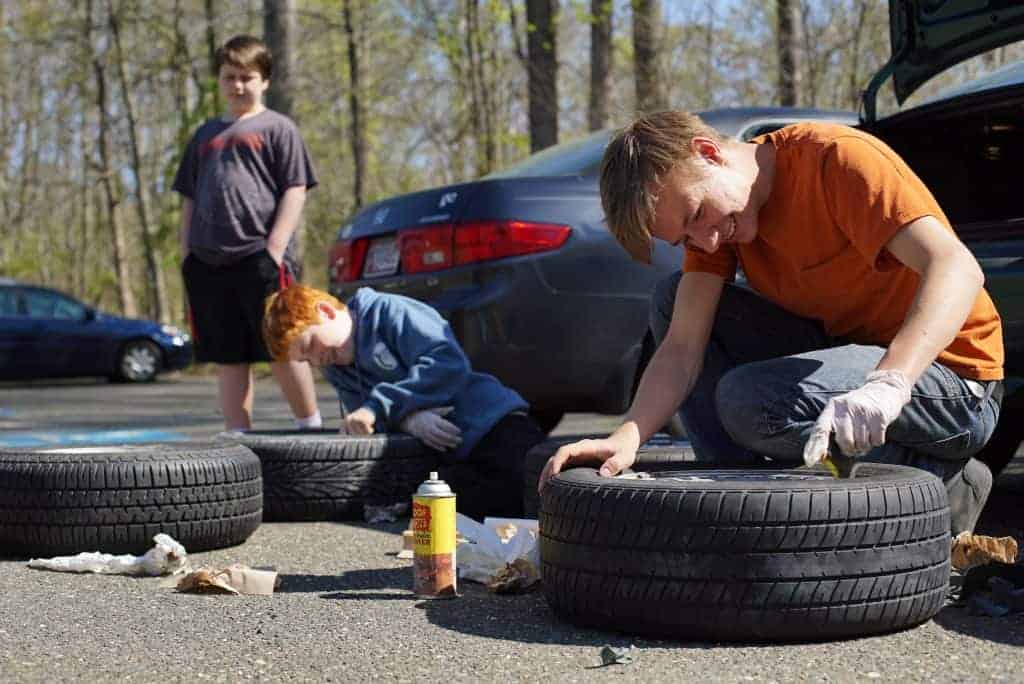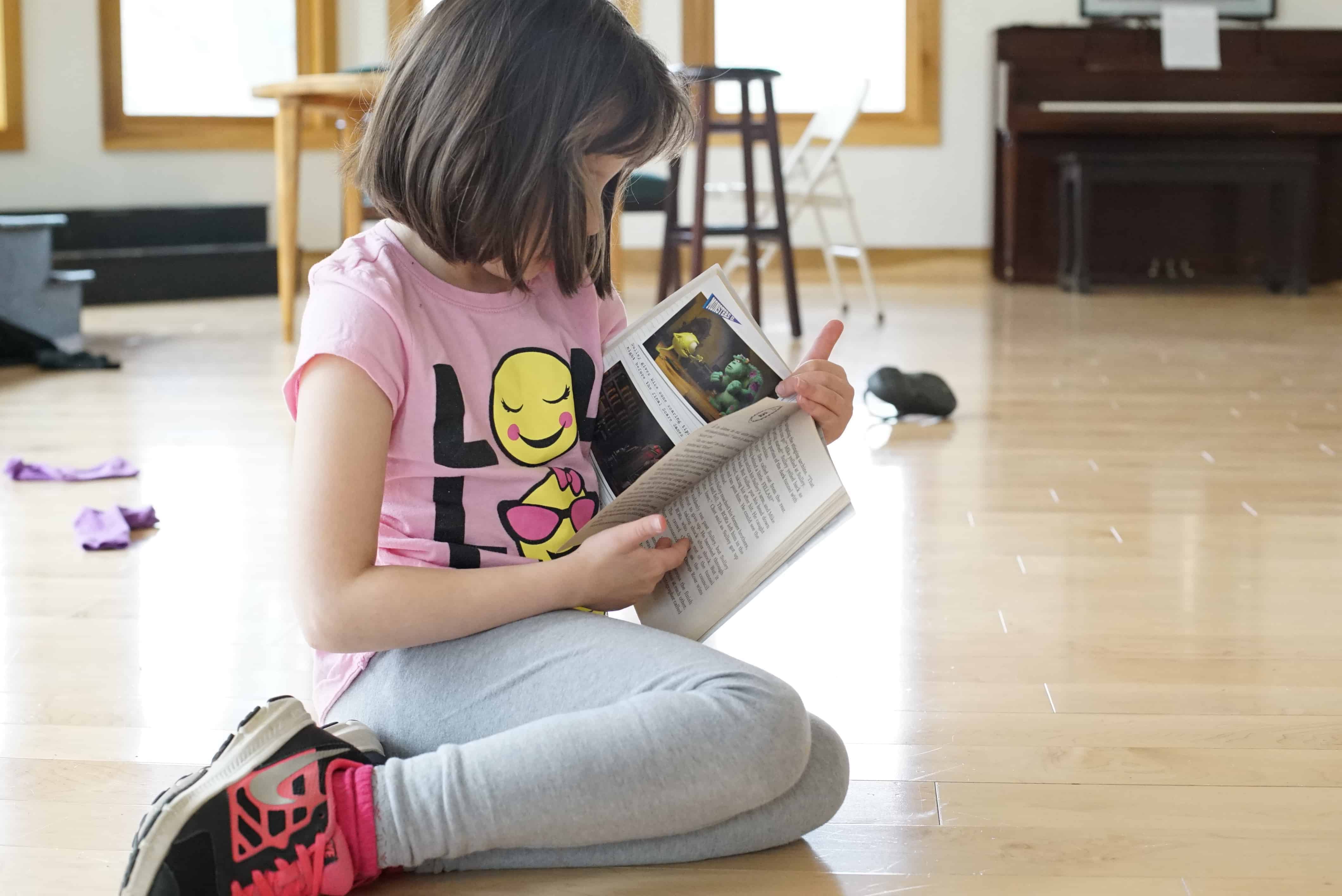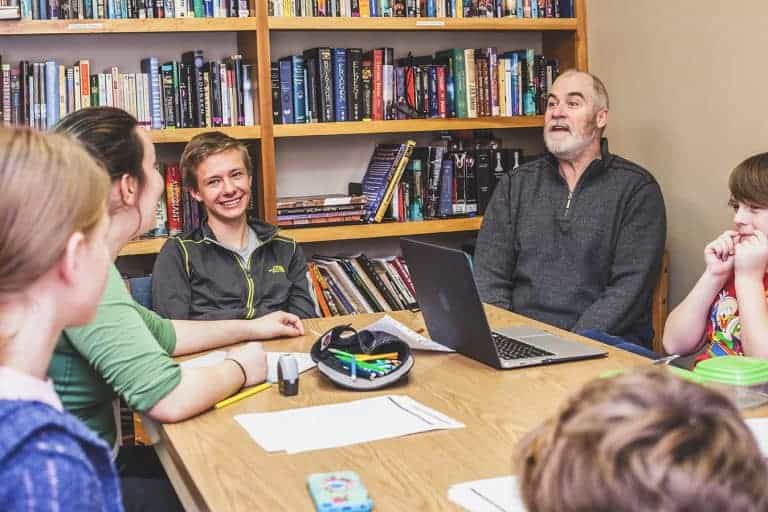What’s Normal?
At a recent Talkabout co-hosted with visiting staff and students from Houston Sudbury school, staff member Mark McCaig began the discussion with some thoughts about “What’s Normal at a Sudbury School?”

A quick search reveals the following definition and etymology for the word “normal”:
- 1500, “typical, common;” 1640s, “standing at a right angle,” from Late Latin normalis “in conformity with rule, normal,” from Latin normalis “made according to a carpenter’s square,” from norma “rule, pattern,” literally “carpenter’s square,” which is of unknown origin (see norm). Meaning “conforming to common standards, usual” is from 1828, but probably older than the record.
So, let’s go with “what’s typical or common at Fairhaven?” with the unspoken question, perhaps, of “should I be worried about this?”
Just this year, the following things have happened, and they could be described as typical:
- playing mermaids on the porch
- learning to play bass guitar
- gaming all day
- getting suspended for hitting multiple people
- spending all day in the Quiet Room
- running outside with your friends to get soaked when a sudden, hard rain pummels the metal roof
- dragging a canoe into the yard in the same rain just to see if you can paddle (you can’t, by the way)
- learning new curse words
- feeling like you have no friends
- laughing until you (slightly) wet your pants
- starting a business
- disposing of a dead fish
- buying new fish with money you raised
- directing a play
- quitting the play, then rejoining
- worrying that you’re not learning anything
- collaborating on a podcast
- writing a series of poems about your changing gender
- walking down the hall while reading
- having tea with your friends
- baking two varieties of sugar cookies and giving them away
- watching an entire season of American Horror Story with your friends
- planning and having an American Girl doll sleepover
- playing porch tag until you sweat
- leaving herculean art room messes, again, leading a frustrated JC to innovate a new sentence: indefinite restriction from the Art Room with only the Art Corp able to end the restriction
- getting hired by the Aesthetics Committee for cleaning jobs
- getting fired by the Aesthetics Committee for not doing your job
- forgetting to make your sleepover motion on the SM agenda for the third time
- coming to the office bleeding
- forgetting to eat all day and being cranky at the end of the day
- having your phone impounded in the JC for 15 minutes after taking someone else’s phone as a prank
- watching YouTube videos of stop-motion animation all day
- sitting around the kitchen table in the OB, desperately trying to learn how to whistle with your fingers
- not telling your parents anything about your day at school
This probably just scratches the surface, as it’s from one person’s perspective. If everybody at school were to generate a list, we’d see many more typical Fairhaven happenings.
The topic also begs the question: what’s not normal? There seem to be two categories of unacceptable activities at Fairhaven School: putting oneself or the school at risk and refusing to abide by the decisions of the JC or School Meeting. These tend to happen only rarely, and the JC and the School Meeting deal with these instances quickly and clearly. After twenty years, even these infrequent episodes have come to feel somewhat normal.

The primary point is the following: almost everything they do here could be described as normal, so long as you disregard the rectilinear notion of “carpenter’s square,” and you adapt the secondary definition “conforming to common standards” by adding “conforming to common Fairhaven standards.”
Finally, this topic made me think about that word normal when applied to compulsory schooling. Should it be normal for young people to spend most of their days sitting still? For schools to evaluate them so intensely? Should it be the norm to test them over and over? Should it be normal to prioritize math over so much else? To have police on campus? Metal detectors? You get the drift. One could successfully argue that practicing life here at Fairhaven School and down there at Houston Sudbury is indeed more normal than it seems at first blush. We think, ultimately, that what people do here is not merely appropriate for school, it’s ideal for school and the complexities of the lives that come after schooling.
Mark McCaig
November, 2018



